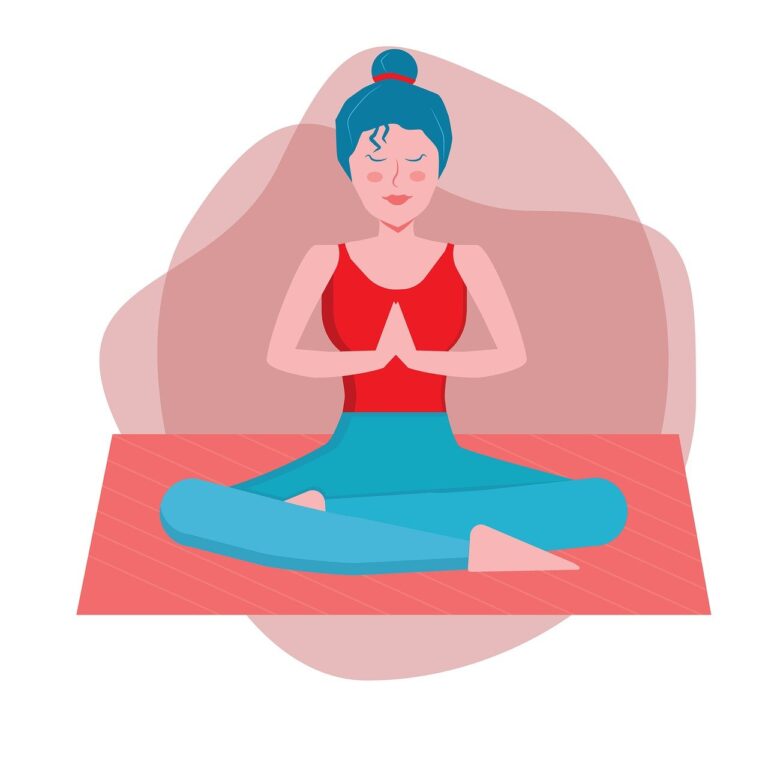Tips for Achieving the Perfect Work-Life Balance

In today’s fast-paced world, the concept of work-life balance can often seem like a mirage. You see it shimmer in the distance—a perfect equilibrium between fulfilling career and blissful personal life—but it eludes your grasp time and time again. With smartphones pinging incessantly and the ever-growing demands of modern jobs, it’s easy to understand why achieving this balance feels more like a lofty ideal than an achievable goal. However, it’s not as unreachable as it might seem. By implementing some practical steps and making conscious choices, you can steer closer to that elusive balance. Here are some tips to help you on that journey:
Balancing work and life doesn’t mean dividing your time equally between the two. Instead, it’s about finding a flexible approach that enables you to meet your professional duties while still having time and energy for your personal life. The first vital step towards this balance is understanding that it will look different for everyone. Your balance might not mirror that of your co-worker or neighbor, and that’s perfectly fine. The goal is to create a lifestyle that suits your individual needs and aspirations.
One powerful strategy to adopt is setting boundaries. In the age of digitalization, the lines between work and personal life can blur dramatically. Emails, messages, and work-related notifications can intrude into every moment of your day. Start by defining clear boundaries for your work hours. Decide a specific time to stop working each day, and stick to it. If you’re working from home, create a designated workspace that you can step away from once you’re off the clock. Inform your colleagues of your working hours and try to refrain from checking work emails during your personal time. These boundaries will help you to compartmentalize your work and create a mental separation between professional responsibilities and personal relaxation.
Equally important is the need to prioritize. It’s easy to get lost in a sea of tasks, with both work and personal obligations vying for your attention. Start each day by listing down your priorities. What are the tasks that absolutely need to be completed today? Use tools like task lists or apps that can help you manage and visualize your workload. By understanding what tasks are urgent and what can wait, you can focus your energy more effectively without feeling overwhelmed.
While you’re managing these tasks, don’t forget the importance of delegation. Whether at work or home, you don’t have to be a superhero taking on everything yourself. Identify tasks that can be delegated to colleagues or outsourced at home, such as cleaning or other chores. Trusting others to help out not only alleviates your burden but also empowers those around you to step up and contribute more significantly.
Another crucial aspect is setting realistic goals. Ambition is great, but setting unattainable goals can lead to unnecessary stress and frustration. Break down your big goals into smaller, achievable milestones. This way, you can celebrate small victories along the way, which will keep you motivated and reduce feelings of overwhelm. Moreover, by setting realistic goals, you create a more balanced approach to your workload, allowing you to savor your personal time without the looming pressure of unfinished tasks.
One of the most transformative changes you can make is to embrace the art of saying no. While it might sound simple, saying no to additional responsibilities can be surprisingly challenging. However, if taking on extra tasks means compromising your well-being or personal time, it’s essential to muster up the courage to decline. Politely and respectfully communicating your limitations can prevent burnout and ensures that you’re putting your energy into what truly matters to you.
In the quest for work-life balance, never underestimate the power of self-care. Sometimes, the most productive thing you can do is to take a break. Allocate time for activities that rejuvenate you, whether it’s a hobby, exercise, reading, or simply a nap. Regular breaks during your workday can enhance productivity, and incorporating relaxing activities outside work helps you recharge mentally and physically. Remember, your well-being is the foundation upon which everything else in your life builds up, so it deserves attention and time.
A robust support system is also instrumental. Surround yourself with supportive colleagues, friends, and family who understand your need for balance and can offer help, advice, or simply an empathetic ear. Open communication about your struggles and successes in balancing your life can lead to valuable insights and encouragement. Sometimes, just talking about your experiences can relieve stress and give you new perspectives on managing your responsibilities.
Moreover, work-life balance also requires you to stay adaptable. Life is unpredictable, and sometimes the balance will tip in one direction or another. Work might require more attention during a project deadline, while personal emergencies may pull you away from professional commitments. Being flexible and adjusting your approach to balance during these times is essential. Acknowledge that perfect balance every day isn’t feasible and adapt your strategies to fit different phases of your life.
While striving for equilibrium, investing time in personal development can be incredibly enriching. Engaging in activities that promote growth, whether professionally through further education or personally through hobbies and interests, adds depth to your life. Learning new skills, expanding your knowledge, and pursuing passions can provide a sense of accomplishment beyond your everyday work, contributing to a fulfilling and balanced life.
One often overlooked but fundamentally important practice is digital detox. With the constant barrage of notifications from social media, emails, and apps, it’s essential to disconnect regularly. Schedule specific times each day to unplug from digital devices. Use this time to connect with nature, indulge in a hobby, or spend quality time with loved ones without digital distractions. This practice can significantly reduce stress and help you regain focus and clarity.
Lastly, let’s not forget the significance of mindfulness. Practicing mindfulness and being present in the moment can enhance your ability to enjoy and appreciate both work and personal time. Simple mindfulness exercises, such as meditation, deep breathing, or even mindful walking, can greatly improve your emotional well-being. By focusing on the present, you can reduce anxiety about future tasks and create a sense of calm and balance in your daily life.
In conclusion, achieving work-life balance is a continuous journey that requires conscious effort and adaptability. It’s about making intentional choices that align with your values and needs, setting boundaries, prioritizing tasks, and embracing flexibility. While the hustle and bustle of modern life can make balance seem elusive, these tips can guide you towards a more harmonious lifestyle where both your professional and personal lives flourish. Remember, the journey to balance is personal and unique to each individual, so be patient and kind to yourself as you navigate this path. And above all, keep in mind that the goal of a balanced life is not perfection but fulfillment and joy in both your work and personal endeavors.






